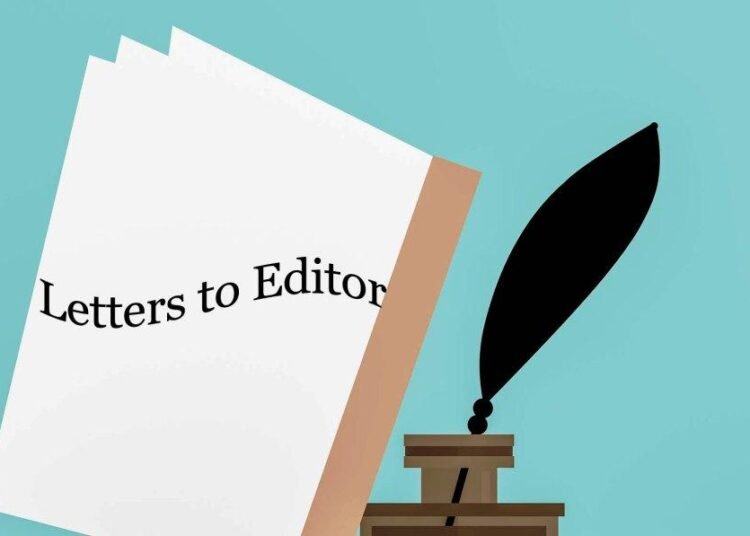The recent findings from a comprehensive report by the Central Drugs Standard Control Organisation (CDSCO), India’s leading drug regulatory authority, have raised significant concerns about the quality control processes for numerous pharmaceuticals commonly used in the country. These issues could have serious implications for public health and the overall credibility of India’s pharmaceutical sector, which is globally recognised for its extensive production of generic medications.
The CDSCO report lists over 50 pharmaceutical products that do not meet the required quality standards. This list includes medications like “Paracetamol,” which is widely used by many as an over-the-counter drug/medicine. Other drugs like antibiotics, drugs relating to treatments for chronic conditions such as diabetes and hypertension, as well as essential supplements like vitamins and calcium. Key issues identified include poor manufacturing practices, inadequate quality control, and contamination, all contributing to the shortcomings. A major concern highlighted was the inconsistency in the levels of APIs (Active Pharmaceutical Ingredients) in these products, which are vital for ensuring a drug’s effectiveness and safety.
These substandard medications pose a significant risk to patient safety. Products with inadequate or inconsistent APIs may fail to effectively manage medical conditions, potentially leading to prolonged illnesses and serious complications. Moreover, these drugs could cause adverse effects, including allergic reactions and, with prolonged use, potential harm to vital organs like the liver and kidneys. This is especially alarming because these medications are meant to treat conditions that demand precise and reliable treatment.
In a comprehensive evaluation of manufacturing standards, the CDSCO inspected 400 manufacturing facilities and found that 36 per cent did not comply with existing regulatory requirements, resulting in their closure. This finding points to systemic issues within parts of the pharmaceutical production chain that threaten drug safety and effectiveness. However, pharmaceutical companies have denied these allegations, claiming that the problems arise from counterfeit products entering the market. Despite their clarifications, previous reports suggest that issues persist.
India is globally known as the “world’s pharmacy,” producing about 20 per cent of the world’s generic drugs. Maintaining this status is vital not only for its economy valued at over $60 billion in 2023, but also for global healthcare systems that depend on its medicines. If these quality issues are not addressed promptly, India’s reputation for providing affordable and reliable medications could suffer, with far-reaching consequences.
To tackle these challenges, a multi-faceted approach is essential. First, regulatory bodies must implement rigorous inspections and compliance standards by improving oversight and strictly enforcing manufacturing protocols. There should also be a focus on advanced quality management systems to ensure consistent production. Public education campaigns are crucial to raising consumer awareness, encouraging people to verify the authenticity of medications, possibly through certifications from reputable organisations like ISO or WHO.
The CDSCO’s findings serve as an urgent call to action to protect public health and uphold the reputation of India’s pharmaceutical industry. While regulatory reforms are essential for long-term improvements, consumers’ vigilance and informed choices are equally important in addressing immediate risks. Collaborative efforts among regulatory bodies, manufacturers, and healthcare providers will be critical in restoring confidence in Indian-made pharmaceuticals on a global scale.


























